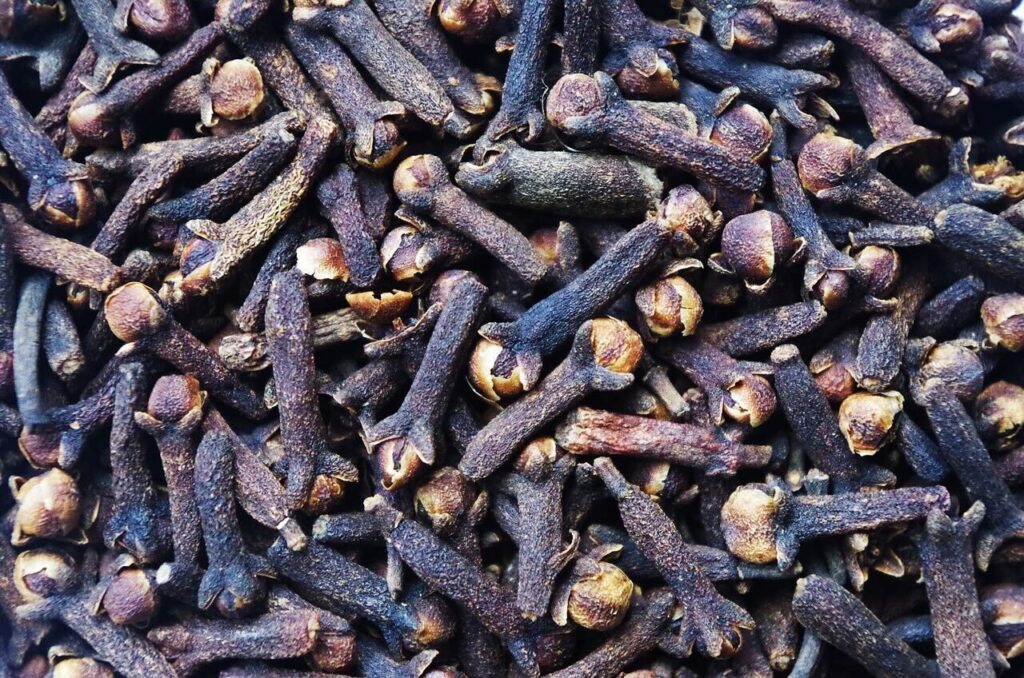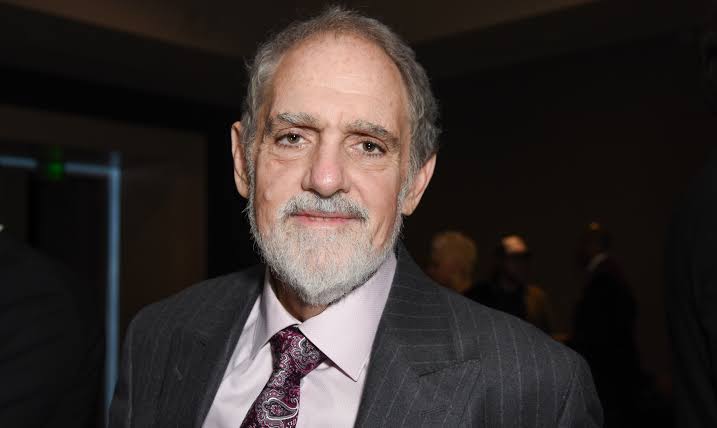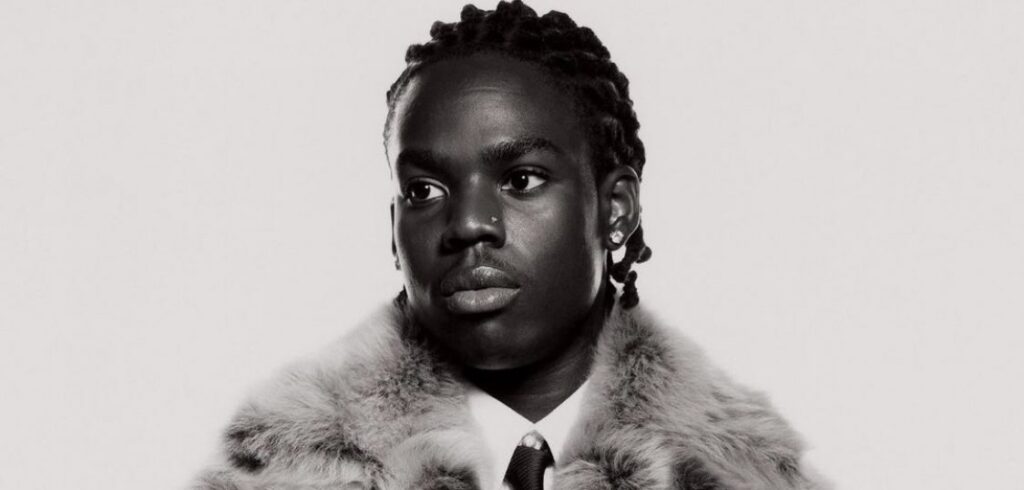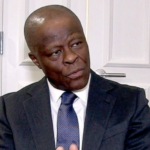
While most of her Nigerian fans know her as ‘Enny’, which is her adopted moniker, only very few are aware that they share the same roots. Enny’s music is very stewed in narratives about black womanhood – embodying themes that portray the beauty, ardour, identity, and uniqueness of black women. For her, it is an important conversation, which has been ongoing since her childhood, and her song Peng Black Girls is the latest commentary on that.
“All over the world, everyone is put into this one box called black women. And we are not in one box. When you start reading more, there is a lot of learning. That was my moment of coming out to the world and showing that I would not be put into a box.”
The singer believes that her Afro-sentimentalist nature would not be the Genesis and Revelation of her music-making, as there would be “so many other stories to tell.”
With a very young discography, which started growing in 2020, the Jorja Smith ‘FAMM’ signee continues to stir conversations around her brand and on black music itself, globally. She prides herself as a Nigerian woman making waves in the UK music scene from her humble Southern London space.
In this chat with CHINONSO IHEKIRE, Enny talks about black womanhood, growing up as a British-Nigerian, working with Jorja Smith, and eating Efo Riro soup for delight.
Tell us about your music background?
MY mum was very strict; she didn’t let me play outside a lot. So, I spent a lot of time with my keyboard; I was seven years old. That was when the songwriting started. My family was also very musical, so, we listened to a lot of gospel music and a whole bunch of stuff.
Then, when I got to secondary school, I used to make songs with my friends. We were in a performing arts class, so we did a lot of music as well. It was kind of free-form stuff. So, we did some Black Gospel and some songs that we heard on TV.
What really inspired Peng Black Girls?
The inspiration behind the song was just my life; the area I grew up in. It felt like a special moment. At the time, I just wanted to talk about that power in black women. I was just trying to gas myself up (self-praise). I think there is no one way to see a black woman; I wanted the video to show that as well. There are different kinds of black women. All over the world, everyone is put into this one box called ‘black women.’ And we are not in one box. When you start reading more, there is a lot of learning. That was my moment of coming out to the world and showing that I would not be put into a box.
Are you going to make more music focused on this?
I think it is going to be diverse. Personally, anytime I write, it is just the moment I am in. So, it is just a piece of who I am. And again, I am more than a black woman; there are so many other stories to tell.
Why did you choose to do rap music?
I don’t know, I was just good at rapping.
What was your first public performance like?
I think the first time was at Black History Month when I was like 10.
How was the feeling?
It was a very long time ago, but I remember it being nice.
You’re into Black History quite a lot, is this going to form a core part of your music?
I think so. My music is a part of who I am; what I rap about is my experiences. And my prominent experiences are from being a black woman. So, it would always come up, if not intentionally then subconsciously. When I wrote Peng Black Girls, I didn’t have the intention to make a song about Black Women; I just wrote a song about the way I grew up with my friends.
Who are your major influences?
I listened to a lot of gospel music; we listened to a lot of Lauryn Hill. As I got older, I gravitated to J-cole, Diddy Combs, from my teenage age. I was also exposed to African music, prominently Fela. When we went to African parties we listened.
What about contemporary artistes?
Now, I listen to Wizkid, Burna Boy. I think Tems is really sick (great). Naira Marley too.
Are we going to hear any of them in your forthcoming album?
I have just an EP coming out. However, this time the EP is just very much London.
Are you considering a crossover?
No. Right now, I know it is something I would like to do, but right now, I’m not intentionally making an Afrobeat sound.
How did the remix with Jorja Smith happen?
She heard the original song and she reached out to me. She liked my sound from the start. The music-making process was very chilled; it was very nice.
How is your own music-making process like?
I like to just hear a beat and then I just write to it; I have things I want to say and I say it. I work with a small number of producers.
How many songs do you have recorded and when next are you dropping a new song?
Like 23 of them. And, oh, it drops in two weeks (this song has been released under the title ‘Same Old’).
Can you speak any Nigerian language?
Yeah, I am learning Yoruba. I spent a long part of the lockdown trying to brush up on my Yoruba.
Your parents are Yoruba speakers, what is the sense of culture like in your family?
Culturally, Peng Black Video was referenced to cultural influences in our home. It was good to show that we got a strong cultural presence in our house. In the last couple of years, I became more understanding of it (culture). It’s like you’re raised in Britain; so you’re British. You’re not raised back home.
You got family members that would come for you and say that because you cannot speak the language or you weren’t raised back home, you cannot say you’re Nigerian. It took a while to become bold with my own identity. That is why the video had the vibes of both the British and Nigerian culture.
What do you think about our current music industry?
I know that there are great vibes coming out of Nigeria right now. I know that they are bringing out the sickest content (great content), even video-wise. Everyone has kind of got their eye on Nigeria at the moment, including me.
What are the three things you like most about Nigeria and her culture?
The food. Right now, I have been trying out Efo Riro. There was a period I stopped eating Nigerian food. Now, I can eat it; it is just so much joy. I know how to make Egusi soup and Yam Porridge. Apart from the food, I love the music. Then, I admire the strength of Nigerians.
Who are the top Nigerian acts you would like to work with?
I would say Tems. I like Tems a lot. Tekno; I think he is sick (great), his music is banging. Santi is also among them. I think Reekado Banks is also great as well. That’s it for me.
Tell us five things we don’t know about you.
I am 5 foot 10. I am a Christian. I like writing plays. My plays have been performed. My friends and I did a play in 2015 and we toured the university. I have another play coming up before the year-ends. I would also love to act too, someday. Also, I am the youngest child of the family.
Is it always going to be music or are you going to focus on another thing?
I studied film at university. It is going to be music for life. As a creative, I can always do other stuff.













